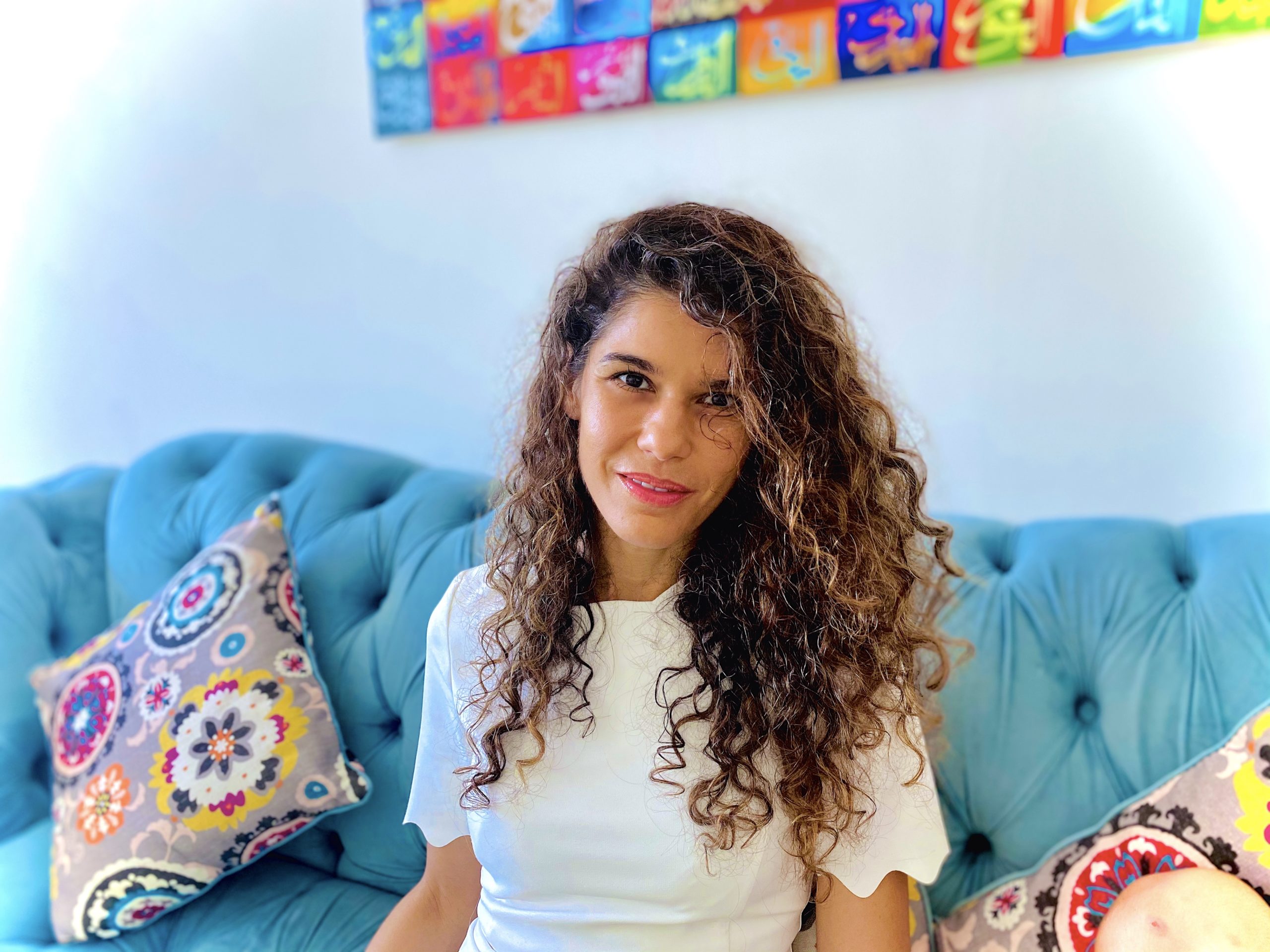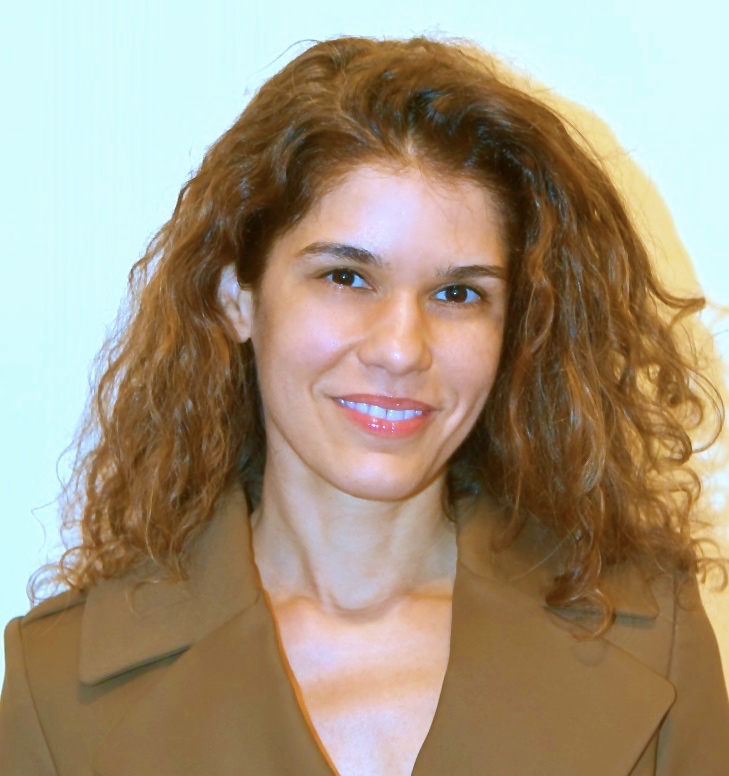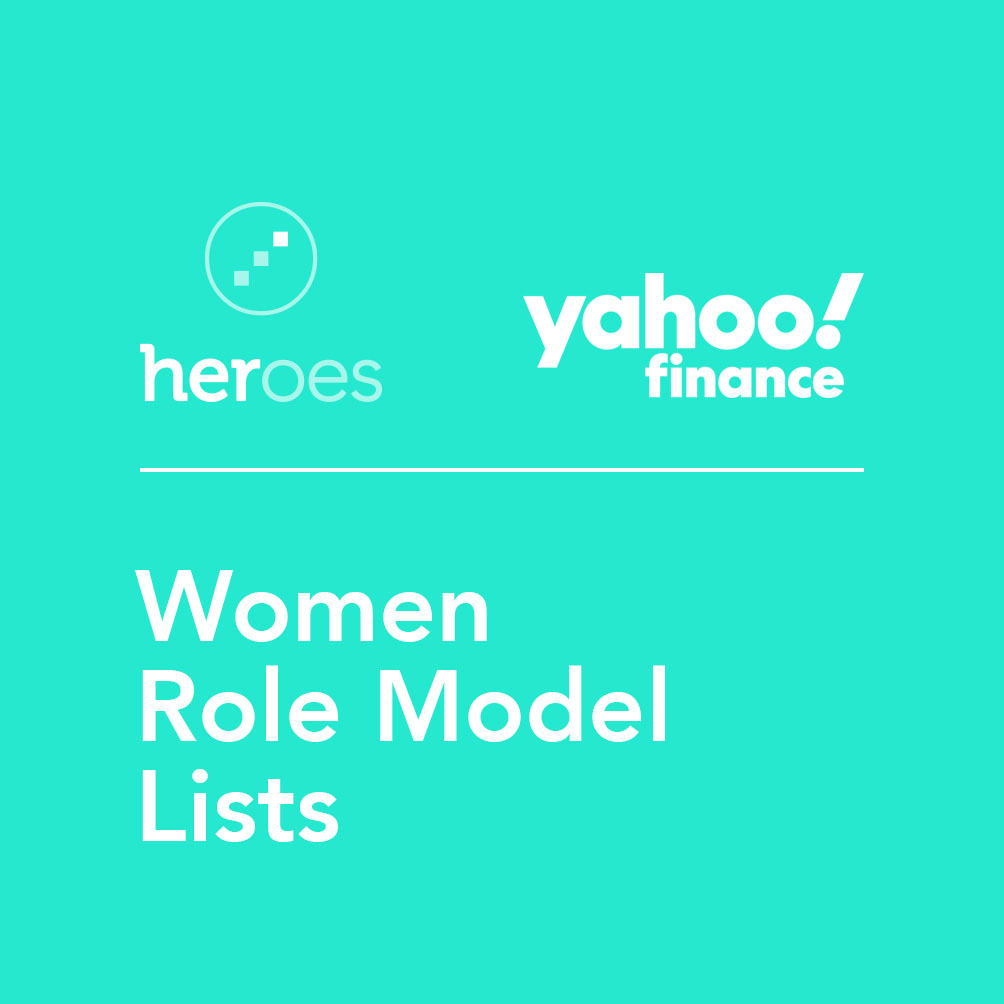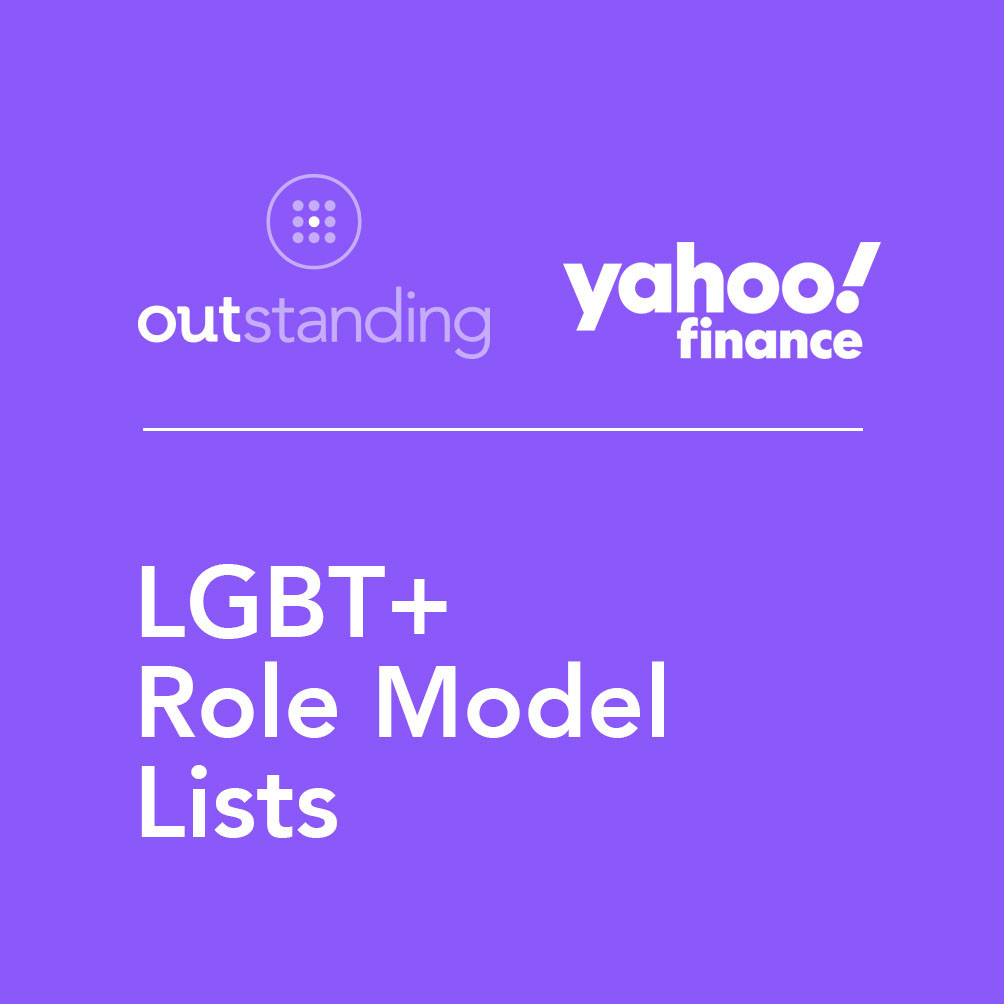UAE
Global Head of Strategic Investor Group Sales – Standard Chartered Bank
When Souad first joined Standard Chartered Bank she was the first woman head of Financial Markets in the UAE. Despite the fact that all her peers and superiors were men, she set herself the aim of increasing the absolute number, as well as the influence, of women at the organization. A champion for diversity and inclusion, Souad is committed to creating a workplace where women can thrive and succeed.
When Souad first joined Standard Chartered Bank, she was the first female head of Financial Markets in the UAE. Despite being surrounded by male peers, she set herself the aim of increasing the number of, and influence of, women at the organisation.
Her efforts saw the percentage of women obtaining MENA Financial Markets promotions rise to a record 54 per cent. Previously, at Deutsche Bank, she had become one of the youngest ever Managing Directors. It’s safe to say she’s always been a trailblazer.
“For someone else to nominate me as a HERoes Role Model, on my behalf, was the biggest compliment for me.”
Despite her immense success, Souad is incredibly humble – and her roots have always stayed close to her heart. Originally from Nigeria, Souad’s parents immigrated to Germany, where Souad was born. Her father was a blue-collar worker; her mother was a housewife.
Souad went on to spend the majority of her life in Europe, studying in Germany and France, then working in London, Frankfurt, Dubai and Paris, where she was able to nurture her love of learning foreign languages and experiencing different cultures.

“My upbringing, culture, and experiences as a woman really shaped a lot of my career journey and my choices. It wasn’t in my culture to put myself into the spotlight, and that’s why I’ve never done it. Something that was very important for us as a family was to be modest.
“I’ve always looked up to my parents because they’re very ethical, very honest. They taught me that success is not defined by what your position is or how much money you make. It’s more defined by how you got there, what you’re making out of it and how happy you are with what you’re doing. My parents – and the rest of my family – have always been role models for me.”
“Sometimes your differences can be a positive differentiator.”
However, professionally, Souad didn’t have role models that she could identify with – she repeatedly found herself being either the only female professional in the room, or the only ethnic minority. One of the phrases we often reflect on at INvolve is ‘you can’t be what you can’t see’ – but despite her own lived experiences, Souad holds a uniquely optimistic outlook on this.
“Being African, Muslim, female, and Arab, there wasn’t any pressure to progress, but I approached this with huge optimism. I felt, and still feel, immense gratitude that I’ve had the opportunity to follow a path that so many other women in my culture cannot.
“Professionally, I’d pick up on certain attributes that my colleagues demonstrated, and think ‘wow, that person is so hardworking’ or ‘that person is a great presenter’ and then actively try to learn something from them. These people inspired me to work on myself, to work harder, and to see that anything is possible.
“In recent years, I’ve realised how important it is for younger people, both male and female, to have role models. For me, that means being a little bit more open about my challenges and successes.”
One of the most pivotal moments in any woman’s career is deciding to have children, and navigating how to balance raising their family while continuing to dedicate themselves to achieving career success.
Having had twins at the end of 2010, Souad wasn’t sure how she’d be able to satisfy both of her ambitions – to have children, and to continue to be very ambitious professionally. In spite of her concerns, her employer – at the time, Deutsche Bank – was incredibly supportive.
“My priority was the children, so I asked if I could be relocated to Europe, closer to my family in Nigeria and Germany, so I could continue working. My boss was fantastic. He said, no, there’s no need to relocate or make sacrifices. We don’t really care. We’ll wait for you. We’ll give you the time. I really appreciated this, as I think it’s about giving and taking – finding a compromise.
“But, thinking long-term, I was really worried how I was going to be able to deliver in my demanding job and be a good mom. He said, okay, I hear you. After an amazing first six months with my kids, I accepted a role in Germany. After two years, I was ready for a more international position. I was promoted to a European role, and moved to London.
“You shouldn’t shy away from saying how you feel, because the other person cannot second guess you. Had I not told my boss that I wanted to take a step back and wasn’t feeling comfortable that I’d be able to travel, who knows – maybe I would have not been happy in my role because I couldn’t give it one hundred percent.”
Then, after 16 years at Deutsche Bank, Souad took her biggest risk yet – relocating across the globe, with a brand new employer. Alongside her husband and her twins, she moved to Dubai and began her role as Head of Financial Markets UAE at Standard Chartered Bank.
“It’s extremely bold to move, with your kids, into a new role, in a new bank. Sometimes you have to take a risk for your career, and be brave.”

It’s not the first time Souad has made a bold move either. At the age of 18, she made the decision to dissolve her marriage. She was engaged, and not planning to study – instead intending to follow the more traditional route within her family, which was to marry young and be dependent on her husband.
“I decided to attend university, and then eventually work and become super independent. That decision, which was fully supported by my parents, was not a given back then. I’m so, so thankful that they have supported me. My attitude was that anything that I get out of this path is better than I would have had before. That crossroad was very important in my life.”
“I felt, and still feel, immense gratitude that I’ve had the opportunity to follow a path that so many other women in my culture cannot.”
It’s clear that her honesty, authenticity and desire to stay true to herself has been a common thread throughout Souad’s career, and intentionally so.
“In my view, authenticity is the key to success and personal happiness. I promised myself that when I got into a position of seniority, I would always try to stay authentic, to pull others up with me.
“I never thought about changing myself, because that’s not me. I thought I either make it for the person I am, or I won’t make it, but that’s not the end of the world. Sometimes your differences can be a positive differentiator.”
Her eagerness to convert negative opportunities – or those that could be perceived as negative – into positive ones has served her incredibly well. Having worked in so many different countries, each with their own unique cultures, her career hasn’t been without its challenges.

“When I was working with clients in Africa and the Middle East in 2008, I was traveling like crazy to Saudi Arabia, and to Kuwait, and so on. I experienced real barriers of entry, but that’s because back then, Saudi wasn’t what it is today – it’s come a long way in terms of what women can and cannot do.
“You can convert perceived negative barriers into opportunities. Back in 2008, I was on my way to visit a government-owned entity – we were meeting with their CFO – and back then, women were not allowed to go into the main entrance of the building.
“Rather than being disheartened or demotivated, I respected that cultural difference, and offered to dial in instead. The client apologised, and offered an alternative route into the building. Our mutual understanding created a great bonding opportunity, and the client was extremely friendly.”
So, does the future look bright for women in finance? Souad certainly thinks so – provided both employers and individuals shift their mindset to one which fosters the long-term growth and development of female talent.
“Building a solid pipeline of female talent is super important, because we need a long-term fix and not just a short-term fix. When we talk about female talent, I must reiterate that it’s not a zero-sum game. It’s very important to bring our male colleagues up alongside us; it’s all about equal opportunities.
“Now we see more women, African minorities or other minorities achieving great success, and I realise that in the past I’ve really underappreciated the importance of younger people seeing such role models.
“For someone else to nominate me as a HERoes Role Model, on my behalf, was the biggest compliment for me. It’s lists such as these, the HERoes Ethnically Diverse Women Role Models List, that remind us just how important it is to have visible role models, inspiring, supporting and paving the way for the next generation of talent.”



